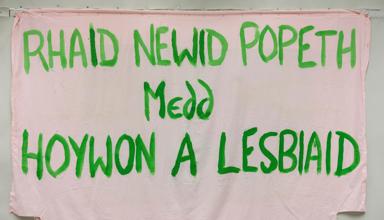By Abi Lasebikan, Diversity and Inclusion Officer and Network Coordinator
What are Workplace Equality Networks (WENs)? As Network Coordinator I see the WENs as a place for people who identify with a protected characteristic group and/or have an interest in matters relating to a particular diversity strand (i.e. gender reassignment, sexual orientation, race, religion/belief, age, pregnancy/maternity, sex, marriage/civil partnership and disability), to come together to:- give and receive pastoral care;
- share information relating to equality; promote equality issues related to their group;
- access learning opportunities to build skills that will help individuals develop personally as well as in their career, and
- act as critical agents for change within the organisation.
- Provide informal peer support and advice.
- Offer a platform for discussing issues affecting members of the networks.
- Enhance career development and progression for staff, through various programmes, including mentoring opportunities.
- Present networking opportunities.
- Give members the chance to identify and advise the Assembly Commission on the issues which affect staff, through impact assessment of policies.
- Understand the value in managing and harnessing the potential of an increasingly diverse workforce.
- Recruit and retain the most talented people.
- Provide the best service to stakeholders.
- Make a positive difference to the working culture of the Assembly.
- Make it possible for us to understand what it is like to work in that environment from the perspective of the members.
- Enable us to understand our diverse service users.
- Serve as effective consultative and advisory bodies on diversity related matters.
 EMBRACE - our disability network. It is open to disabled people, those who support disabled people and people with an interest in disability equality. Within EMBRACE are subsidiary dyslexia and chronic pain groups. Chaired by Abi Phillips
EMBRACE - our disability network. It is open to disabled people, those who support disabled people and people with an interest in disability equality. Within EMBRACE are subsidiary dyslexia and chronic pain groups. Chaired by Abi Phillips
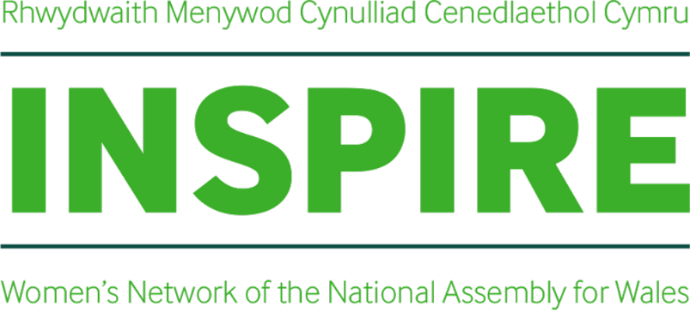 INSPIRE - our women's network. It's open to both men and women. Co-chaired by Sarah Crosbie and Janette Iliffe
INSPIRE - our women's network. It's open to both men and women. Co-chaired by Sarah Crosbie and Janette Iliffe
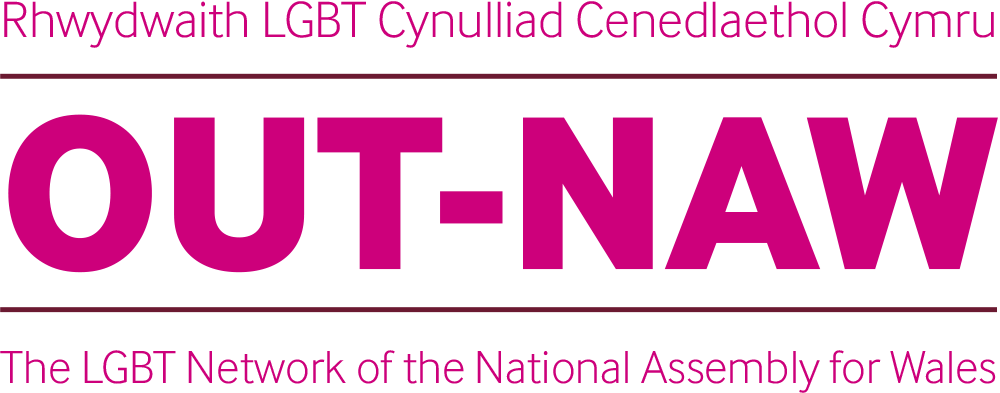 OUT-NAW - our Lesbian, Gay, Bisexual and Transgender (LGBT) network. It is a closed group for LGBT people, it is open to LGBT people as members and people with an interest in LGBT equality as allies. Co-chaired by Craig Stephenson and Jayelle Robinson-Larkin
OUT-NAW - our Lesbian, Gay, Bisexual and Transgender (LGBT) network. It is a closed group for LGBT people, it is open to LGBT people as members and people with an interest in LGBT equality as allies. Co-chaired by Craig Stephenson and Jayelle Robinson-Larkin
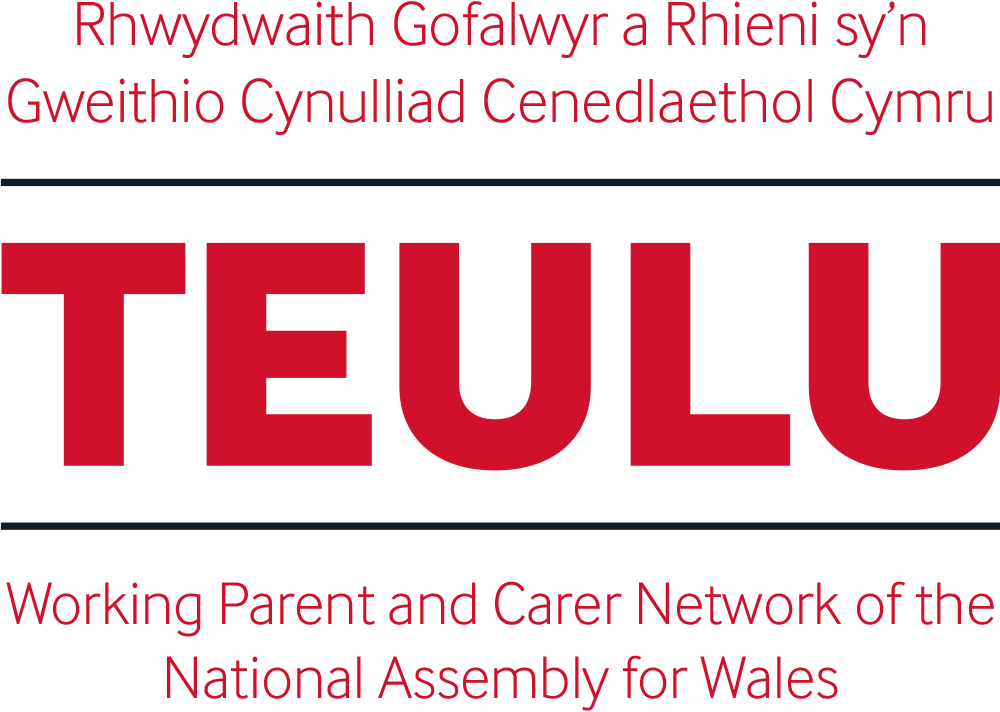
TEULU - our Working Parent and Carer network, is currently a virtual network that operates mainly online. New network members and network allies are always welcome. Co-chaired by Holly Pembridge and Joel Steed
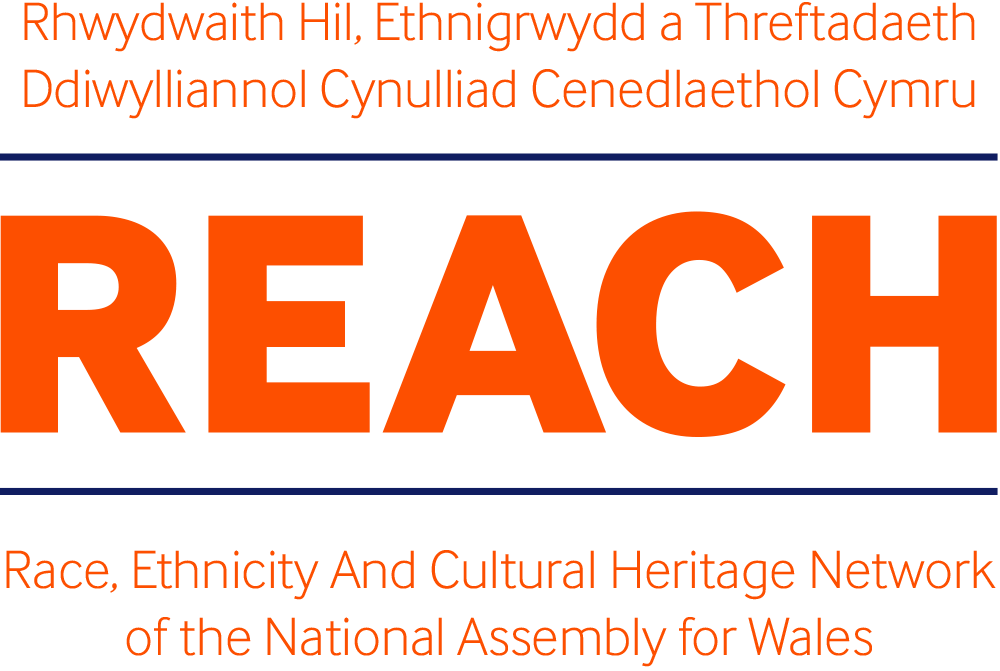
REACH - The Race, Ethnicity and Cultural Heritage network is our Black Minority Ethnic (BME) network. It is open to BME people as members and people who support race equality as allies. Co-chaired by Abi Lasebikan and Raz Roap
The Networks have contributed to and raised the profile of the organisation in a variety of ways. They have:- Input into many impact assessment of policies and projects, such as the Accessible Car Parking policy, Human Resources Priority Postings policy, EFM refurbishments projects, etc.
- Attended events, like: Pride and Sparkle, Stonewall Cymru’s Workplace Equality Index Awards, All Wales Annual Race Equality Conference, Mela, etc.
- Participated in community incentives, like collecting for the Cardiff Foodbank.
- Produced a range of blogs, factsheets and guidance on a variety of topics, such as: Ramadan, Cultural Diversity, Invisible Disabilities, Bisexual Awareness, Mental Health, etc.
- Worked closely with other public sector organisations, such as Gwent and South Wales Police, Welsh Government, Cardiff University, to promote diversity and inclusion.


